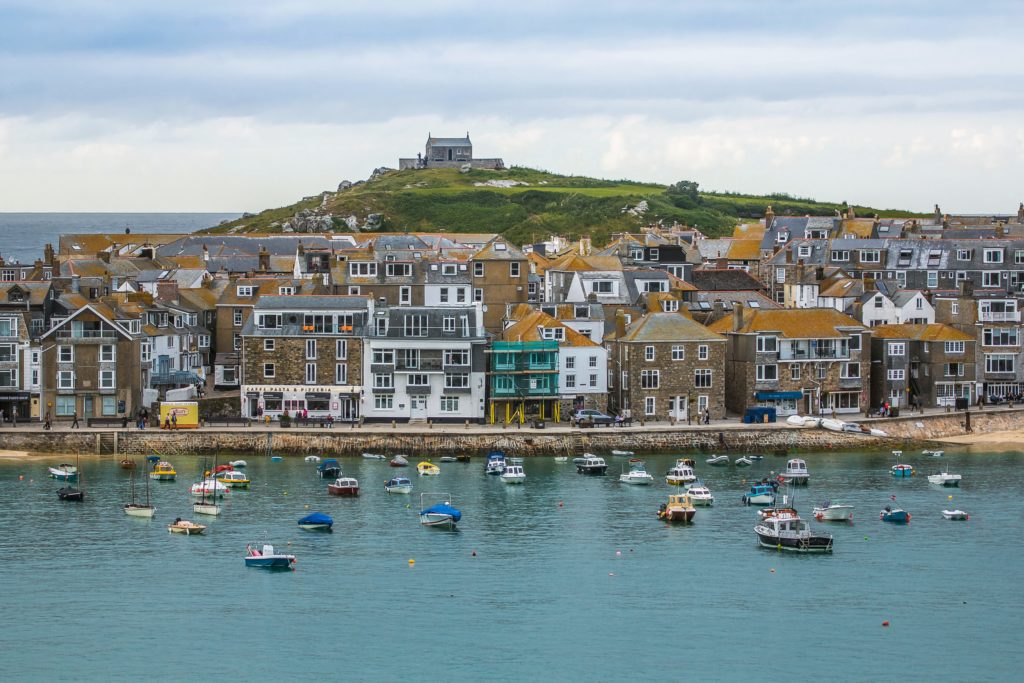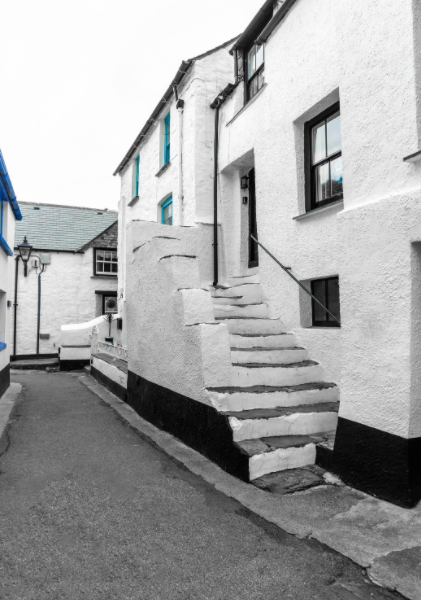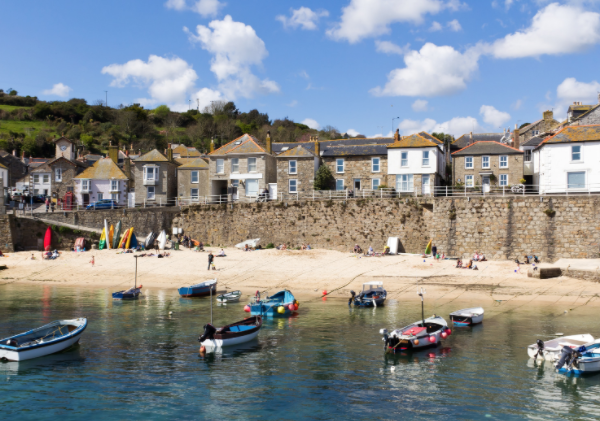

With breathtaking natural beauty and an abundance of coastal walks and activities on the doorstep, Cornwall is a popular destination for holiday makers. It is also popular with those looking to take up permanent residence in this beautiful county. Consequently, Cornwall offers a wide range of holiday homes and self-catering accommodation. There is an increasing number of local homeowners looking to make some extra cash by making their own homes available as rental accomodation. This blog aims to set out the different types of rental accommodation for your property investment and the tax implications to consider for each.
Buy to Let Property
Landlords who buy a second property to rent out can earn money from rent as a means of generating additional income. There are various allowable deductions that can be offset against the gross rental income. This will establish the bottom-line net rental profit that will be taxed for the year. Examples of allowable deductions include:
- Insurance
- Legal and professional costs e.g. agent’s fees
- Rates and taxes paid by the landlord e.g. council tax, water rates
- Ancillary services provided by the landlord e.g. cleaning, gardening
- Repairs and maintenance e.g. painting and decorating
- Bad debt relief – once written off by the landlord
Finance costs such as mortgage interest are not directly deductible; instead, there is a basic rate tax relief that will give you a 20% tax credit, meaning that your final bill will be cut by 20% of your interest. If you are a basic rate taxpayer, the tax credit relief will mean that you don’t see any difference in the tax you pay compared to deducting the finance cost directly from the rental income. However, the tax credit relief will result in a higher tax bill for those landlords who are in a higher rate tax bracket (paying 40% / 45% tax) as they will only get a tax credit at the basic rate level.
There are specific rules for capital expenditure on items such as furniture, white goods, floor coverings or crockery. Tax relief in the form of capital allowances is not available on the initial purchase, however, the cost of later replacing these furnishings is allowable, even if the property is not fully furnished. Relief is only available for a like for like replacement, and the amount of relief available is reduced by any proceeds from the sale of the asset being replaced.
Fixtures that are integral to the property such as sanitary ware, fitted kitchen units and boilers do not qualify for this specific relief. However, the replacement cost for these items would be deductible as a repair to the property.
Rent a Room Relief
This is a special type of property income where a taxpayer allows a lodger to rent a furnished room in their main residence. If the gross income is not more than the rent a room limit (the 20/21 threshold is £7,500 pa) then the property income from the lodger is exempt. If the property is shared between two or more people, then you can claim rent a room relief of £3,750 each, even if there are three or more co-owners.
If rent a room income is covered by the relief then you do not need to do anything as a taxpayer except to keep a record of the income. If rental income exceeds the relief then this will need to be reported to HMRC via the Self-Assessment Tax Return and you will need to pay income tax on any excess rent.
The rent a room scheme is optional; if you decide to use it then you will not be able to deduct any expenses from your rental income. Alternatively, you can choose to opt-out of the scheme and have this rental income taxed under the normal rules and pay tax on the difference between your rental income and rental expenses. It is, therefore, best to calculate which of the two options is the most tax-efficient each time.
Furnished Holiday Lettings
 If you own a second property, there are certain tax advantages to be benefited from by letting it out as a ‘Furnished Holiday Let’ (FHL) rather than a residential let. As such, there are specific conditions that must be met to qualify as FHL:
If you own a second property, there are certain tax advantages to be benefited from by letting it out as a ‘Furnished Holiday Let’ (FHL) rather than a residential let. As such, there are specific conditions that must be met to qualify as FHL:
- The FHL must be situated in the UK or elsewhere in the European Economic Area (EEA).
- It must be sufficiently furnished to provide for normal occupation and visitors must be entitled to use the furniture.
- Letting is on a commercial basis with a view to the realisation of profits.
FHL accommodation must also fulfil all three of the following occupancy conditions:
- It must be available for letting as FHL to the public generally, as holiday accommodation for at least 210 days a tax year.
- It must be actually let as furnished holiday accommodation for at least 105 days a tax year.
- It cannot be let for periods of ‘long term occupation’ in excess of 155 days in a tax year. Long term occupation is defined as a period of more than 31 consecutive days when the property is let to the same person.
If all of these conditions can be met, then the rented accommodation can be treated as FHL.
Implications of being classified as FHL
Any profits from furnished holiday letting are assessable as property income. However, where a loss has been created for the year (allowable expenses exceeding income). Then this can only be offset against profits from other FHL’s within the same furnished holiday accommodation business. Despite this, losses from a UK FHL business cannot be offset against another FHL business based in the EEA. Additionally, loss relief also cannot be offset against other sources of income such as salary or other rental profits.
The following benefits will arise for FHL’s:
- The profits from FHL count as relevant earnings for the purposes of personal pension scheme contributions, allowing landlords to obtain greater tax relief on pension contributions.
- Normal capital allowances will be available in respect of plant and machinery (including furniture) instead of relief for replacement of domestic items (which is not available for FHL). This means that instant tax relief can be obtained on the initial purchase.
- FHL’s are treated as business assets for Capital Gains Tax reliefs, so traders can claim Business Asset Rollover Relief, Entrepreneurs’ Relief, reliefs for gifts of business assets and relief for loans to traders on the sale of the property, subject to certain qualifying conditions.
- Business Property Relief may also be available for inheritance tax purposes. As the value of the FHL represents part of your estate for Inheritance Tax (IHT) purposes, there is a 100% relief for ‘business’ assets, again subject to certain conditions.

Property investment for either holiday letting or long-term residential rental is a great alternative to other long-term investment options such as pensions and stocks and shares. If you are looking to generate additional income from rental property and would like some advice, please don’t hesitate to get in touch with Laura at Bickerstaff & Co.

